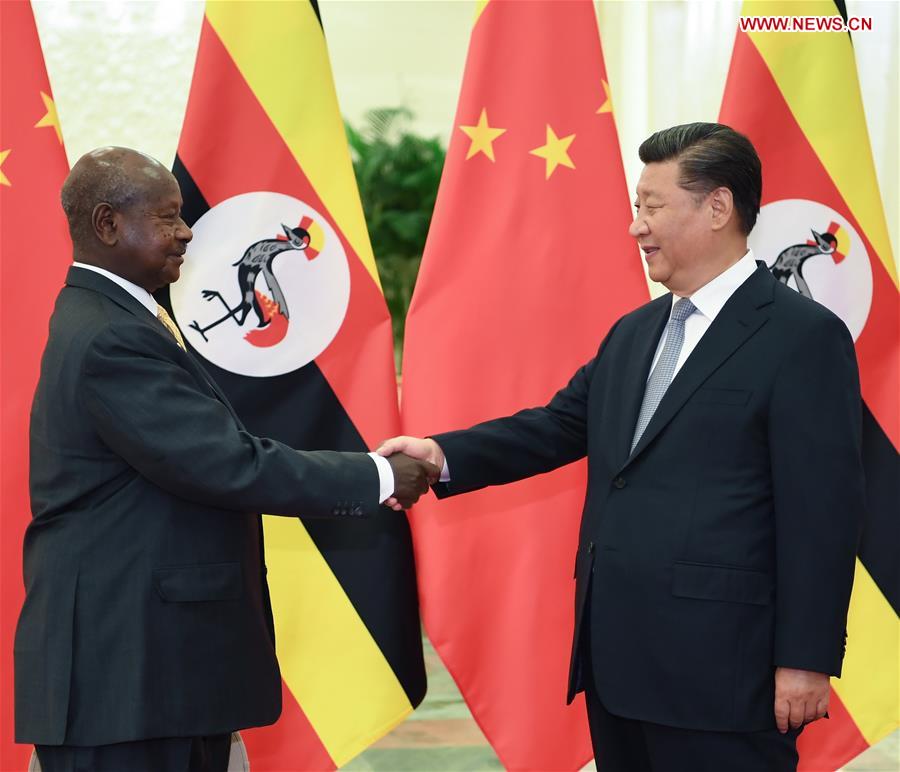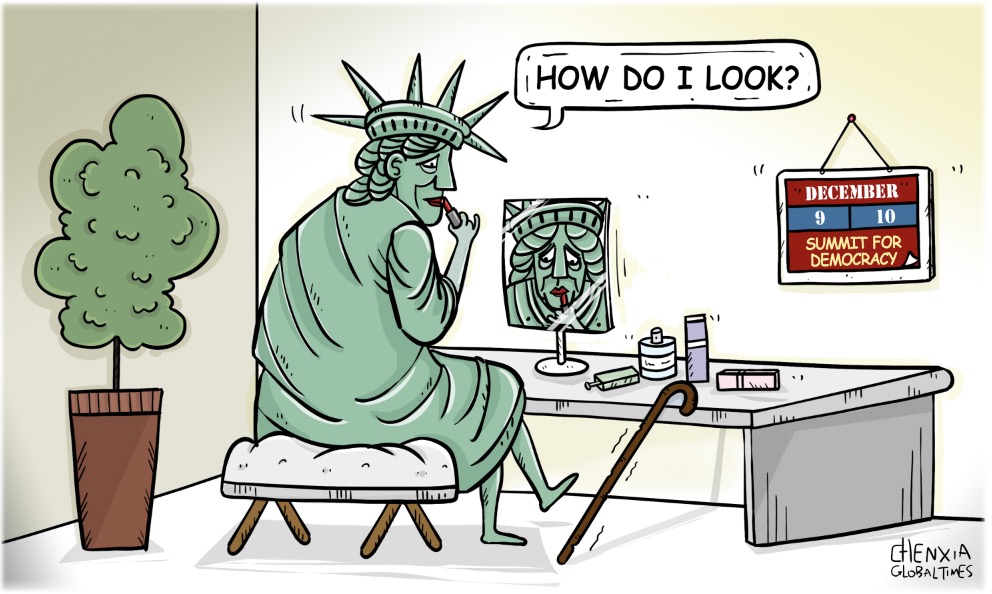China’s Concept of Building a Community of Shared Future for Mankind: A Game Changer for an Ideal World

By Allawi Ssemanda
Explaining that currently, “the international security situation is grim, economic recovery lacks momentum, and the gap in development is widening,” Chinese President Xi Jinping proposed the concept of building a community of a shared future for mankind.” This was 2013, and President Xi was answering what China called the historical question of the time, the world and mankind: “Where is humanity headed?” He argued that increasing challenges, like natural disasters and extreme weather patterns, had left the world facing what he described as “profound changes … in our times, and in history,” and argued world leaders to join hands in “building a community with a shared future for mankind.”
Further, President Xi urged the international community to jointly build what China calls “a world with lasting peace, universal security and common prosperity, a world that is open, inclusive, clean and beautiful.”
For a decade now, the concept of building a community of a shared future for mankind has been transformed from a call and promise into concrete actions, and it has received considerable global support as a sure path to an ideal world of harmony, peace, tranquility and shared prosperity.
Today, building a community of a shared future for mankind has become a banner of China’s diplomacy. Indeed, while addressing the Central Conference on Work Relating to Foreign Affairs in December last year, President Xi Jinping delved into this concept, linking it to the theory system of China’s diplomacy, and emphasising that the concept is “a central theme in China’s external endeavours.”
The main goal of the concept of building a community of a shared future for mankind is a peaceful world with shared prosperity. To China, the pathway to this ideal world is “promoting global governance that features extensive consultation and joint contribution for shared benefit”, which Beijing argues, can be achieved if the world embraces “common values of humanity.” To achieve this, China contends, it is necessary to build “a new type of international relations” that supports multipolarism and economic globalization where countries are treated equally.
To China, an equal multipolar world means “equal rights, equal opportunities and equal rules for every nation.” Put differently, as Chinese Ambassador to Uganda, Zhang Lizhong told Ugandan media and think tanks, in an equal multipolar world, “those with the bigger fist should not have the final say…. we must ensure that all countries, regardless of their size and strength, are able to take part in decision-making, enjoy their rights, and play their role as equals in the process toward a multipolar world.”
China argues that an orderly multipolar world demands that countries act responsibly and “observe the purposes and principles of the U.N Charter, and uphold the universally recognised basic norms governing international relations,” stressing that “multipolarity doesn’t mean multiple blocs, or fragmentation or disarray,” but rather that “all countries must act within the UN-centered international system, and pursue cooperation under global governance.”
Ambassador Lizhong explained that building a community of a shared future means supporting universal, beneficial globalization which he described as “growing the economic pie and sharing it more fairly” with all nations, all social groups, and all communities taking part in economic and social development, and sharing the benefits.
China contends that the concept of building a community of shared future for mankind is the idea of inclusive globalization which, according to Beijing, means “supporting countries in pursuing a development path suited to their own national conditions.” According to Ambassador Lizhong,
“No one should impose one single development model onto the whole world. Unilateralism and protectionism for selfish gains at the expense of others must be discarded to keep the global industrial supply chains stable and unimpeded, and to sustain the robust and dynamic growth of the world economy.”
A critical analysis shows that, by and large, the concept has delivered credible results. For example, in the spirit of building a community of shared future for mankind, China came up with the concepts of Global Development Initiative, Global Security Initiative, and Global Civilization Initiative. Chinese officials contend that the three initiatives “have provided comprehensive solutions to the challenges confronting humanity and received positive responses” from across the world.
China’s three initiatives resonate with building a community of shared future for mankind, and China is funding a jointly implemented high-quality belt and road initiative which has attracted the participation of more than 155 countries, representing almost 75% of the global population. The same initiative has seen the “launching of more than 3,000 cooperation projects, attracting investments of nearly one trillion U.S dollars, and created an array of national landmarks [and] livelihood projects” globally.
In Africa over the last several years, China has been working with African leaders, providing tremendous support to the continent and accelerating socio -economic development efforts. To date, China is Africa’s largest trading partner and, according to statistics from Chinese officials, the “bilateral trade between the two sides is over 2 trillion U.S dollars.” This is on top of Chinese support to projects in African countries, such as railroads, ports, and electrical infrastructure, including Uganda’s Isimba and Karuma hydropower projects.
Relatedly, in the spirit of building a community of shared future for mankind, China has been working with African countries in fields like poverty reduction, health care, education, environmental protection, and climate change. The performance of the current nine programs China is implementing with African countries under Forum on China-Africa Cooperation (FOCAC), indicates that the cooperation between the two sides is of mutual benefit.
At last year’s China-Africa leaders’ dialogue, held in South Africa, Chinese President Xi made three proposals to African countries. The proposals imply that the cooperation between the two sides is destined to play a pivotal role in the social-economic development of African countries. The three proposals are: supporting the industrialization of African countries, supporting the modernization of agriculture in Africa, and implementing the plan for China-Africa Cooperation on talent development. When these proposals are implemented, the cooperation between Africa and China will definitely produce a community of a shared future for mankind where win-win cooperation prevails, brotherly cooperation and peaceful existence replace confrontation, power politics, block formation, hegemony and the big-brother mentality, resulting into shared prosperity for mankind.
Allawi Ssemanda is a Senior Research Fellow at the Development Watch Centre.
related publications
DWC
Development Watch Centre
Kampala - Uganda
ADDRESS
Plot 212, RTG Plaza,3rd Floor, Office Number C7 - Hoima Road, Rubaga
CONTACT
+256 703 380252
info@dwcug.org




